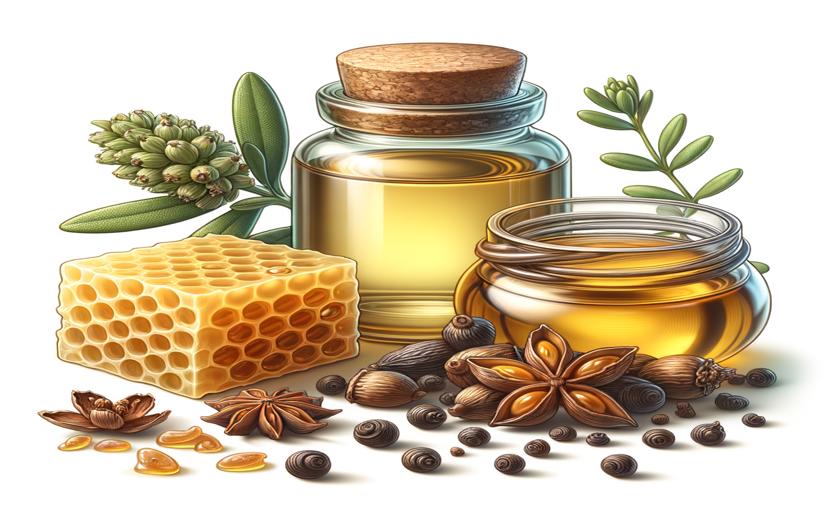
How Clove Oil and Beeswax Affect Canola Oil Gels' Stability and Properties
Greg Howard
3rd September, 2024

Image Source: Natural Science News, 2024
Key Findings
- The study by Hanyang University explored using clove bud oil as a natural antioxidant in canola oil organogels structured with beeswax
- Increasing beeswax content improved the organogels' ability to retain structure and resist flow
- Clove bud oil effectively reduced lipid oxidation, especially in organogels with higher beeswax content, without altering their functional properties
References
Main Study
1) Effects of clove bud oil on the physicochemical properties and oxidative stability of canola oil organogels structured by different beeswax contents.
Published 2nd September, 2024
https://doi.org/10.1007/s10068-024-01560-w
Related Studies
2) Essential oils: their antibacterial properties and potential applications in foods--a review.
Journal: International journal of food microbiology, Issue: Vol 94, Issue 3, Aug 2004
3) Addition of Sesamol Increases the Oxidative Stability of Beeswax Organogels and Beef Tallow Matrix Under UV Light Irradiation and Thermal Oxidation.
4) Design of gel structures in water and oil phases for improved delivery of bioactive food ingredients.



 28th August, 2024 | Greg Howard
28th August, 2024 | Greg Howard